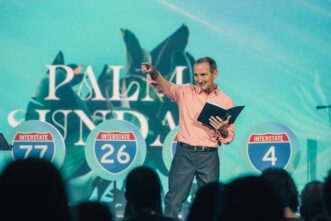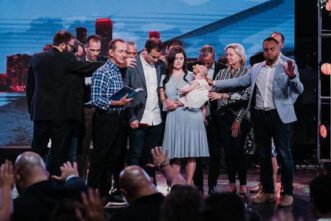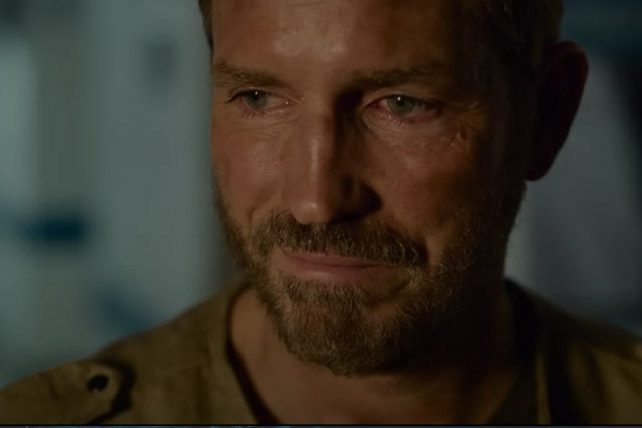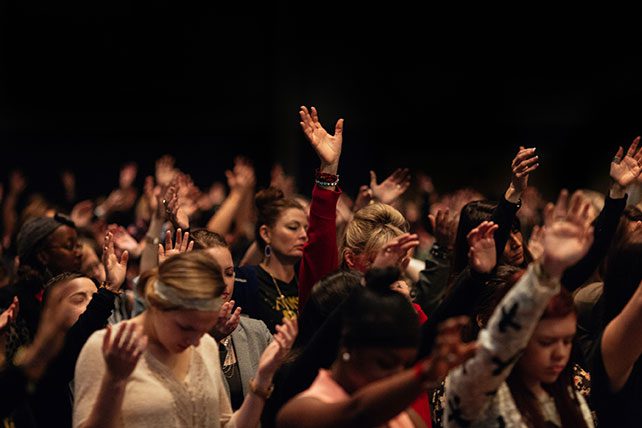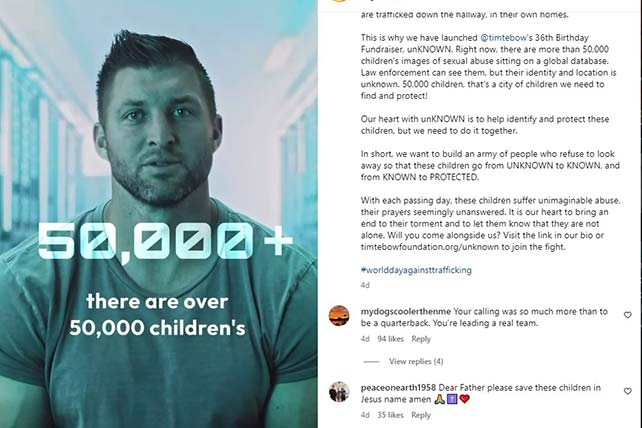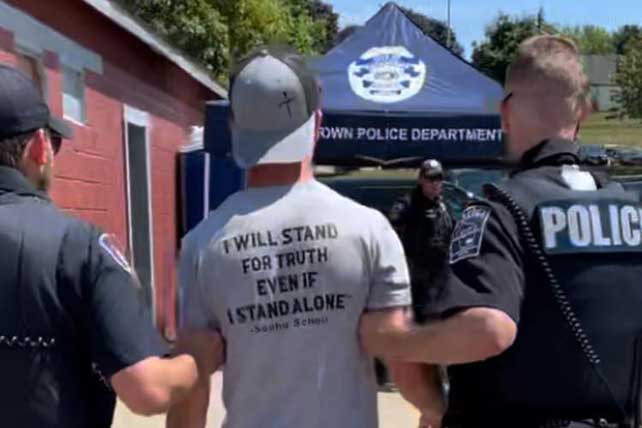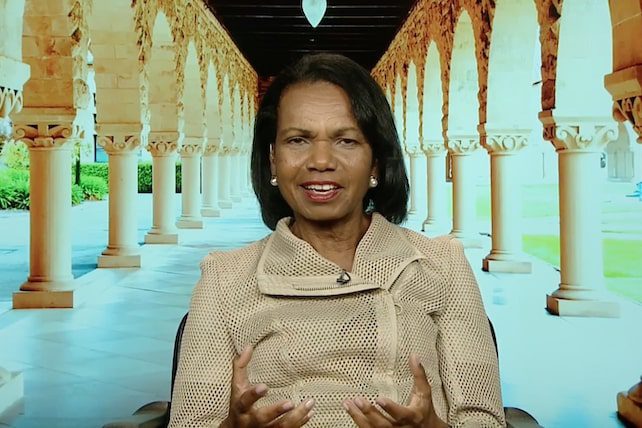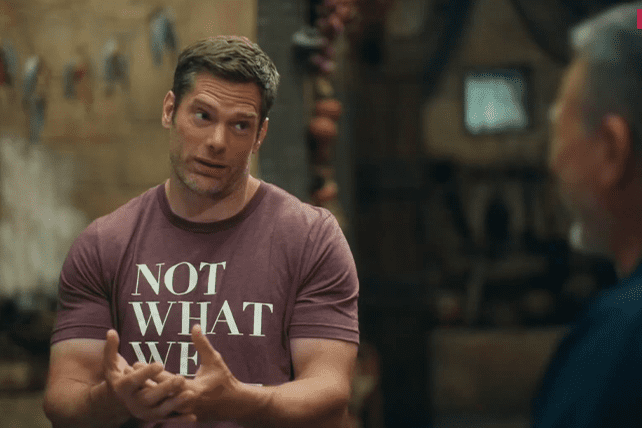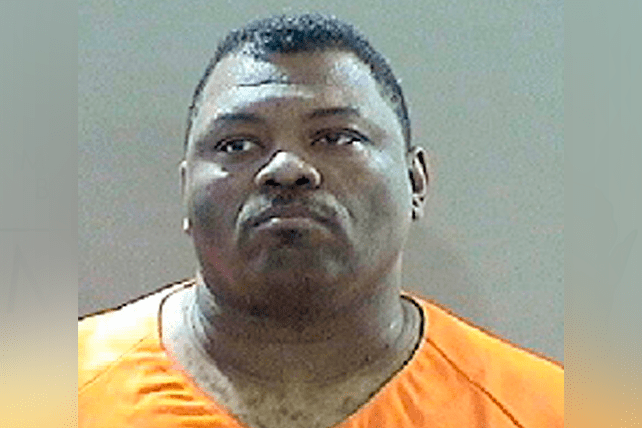“The Chosen,” the hit TV series based on the life of Christ, has been a success for numerous reasons. One reason might be that the show was literally built on the Word of God. Unknown to the cast and viewers, Scripture verses exist beneath many painted walls of the Texas-based set.
B.J. Forman, the show’s art department coordinator, told Christian Headlines that before construction workers finished the set, they adorned walls with their favorite Bible verses, some in English and some in Spanish.
RELATED: Dallas Jenkins Discusses What He Has Learned About Jesus, Leadership While Filming ‘The Chosen’
“We sent the army of workers that we had building the city and armed them each with a giant black magic marker and said, ‘Go in there and graffiti the place—write down your favorite Scripture, your favorite inspirational words, your favorite verse,’” Forman said. “So they took that idea and ran with it to every other unfinished room within the city.”
Crew of ‘The Chosen’ Is ‘Here for a Purpose’
The cast and crew of “The Chosen” consists of Christians as well as non-Christians. Forman explained that some crew members didn’t know which show’s set they were building until they arrived. “They were hired to do a job like they would build a Kroger,” Forman said. “Our stonemasons would come in and they just knew they were putting up a wall, but they didn’t know what for.”
Forman added, “It turns out many of them were fans of the show that we weren’t even aware of. They were just here for a job, and it turns out [they] were here for a purpose.”
The first Bible-times home that construction workers wrote Bible verses on belonged to Zebedee, father of Jesus’ disciples James and John. Interestingly, the character who plays Zebedee in “The Chosen,” Nick Shakoour, recently converted to Christianity.
According to a crew member, the entire construction crew gathered to pray that an actor would receive the Holy Spirit and would become a seed to spread the Gospel. “It has been one mind-blowing thing after the next with what has been happening in and outside the show,” Shakoour said.
Continued Success of ‘The Chosen’
“The Chosen,” which as an independent production received an exemption from the ongoing writers strike, just completed filming Season 4. That entire season might appear in theaters, director Dallas Jenkins said. Producers are planning to create seven seasons.





